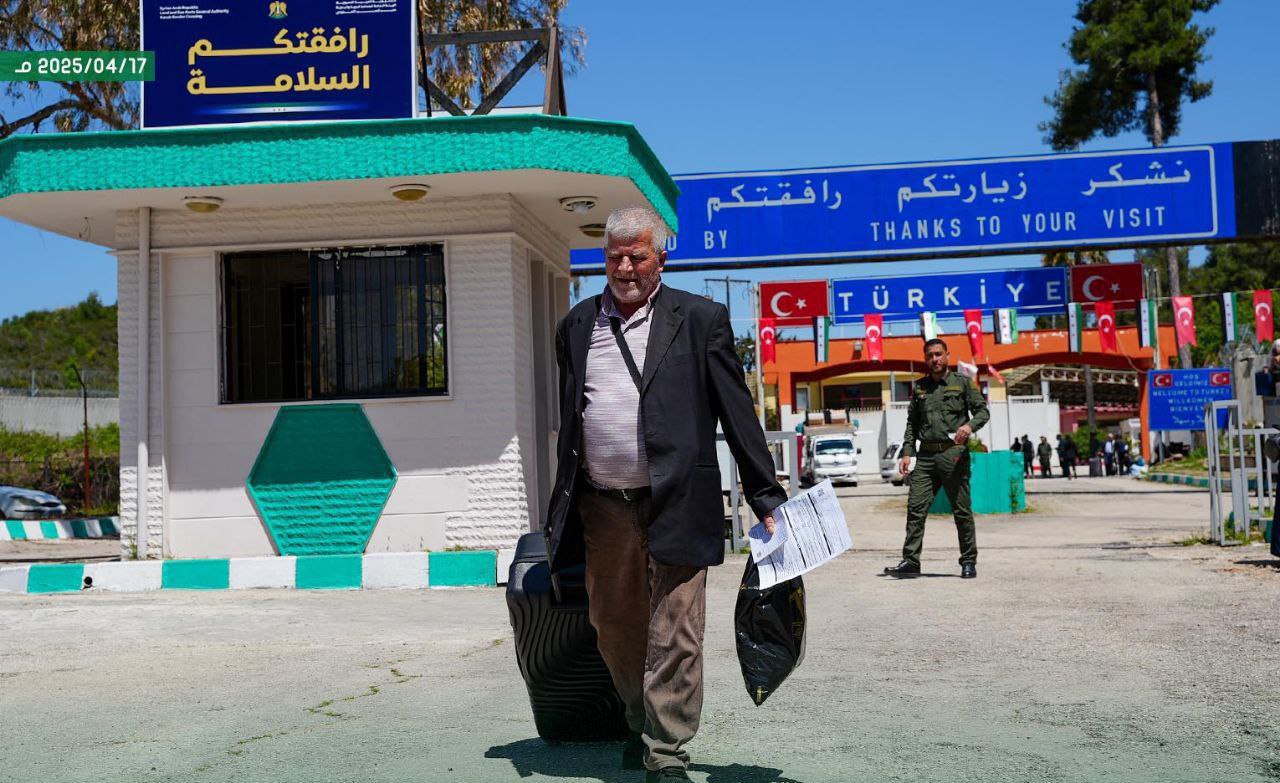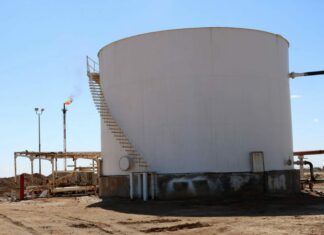
In a significant shift, Turkey has resumed select customs operations at its land crossings with Syria, marking a cautious step toward renewed bilateral cooperation after years of strained relations under the Assad regime. The Turkish Ministry of Trade issued a circular on April 21, 2025, authorizing the reactivation of customs services for travelers and their vehicles at designated border points, ending a suspension that had been in place since 2011 due to security concerns.
The move enables individuals and commercial travelers to enter and exit both countries with personal and business vehicles, provided they meet regulatory requirements and adhere to permitted stay durations. While the circular did not confirm the resumption of full passenger traffic, the reopening is being viewed as a strategic gesture amid shifting dynamics in Turkish-Syrian ties.
Trade and Transit Agreements Underway
At a press conference following the Economic Coordination Committee meeting, Turkish Trade Minister Ömer Bolat announced an agreement between the two governments to ease customs transit restrictions and stimulate cross-border trade. “These steps reflect a new approach to strengthening good neighborly relations,” Bolat said, while advocating for the lifting of sanctions on Syria as part of broader stabilization efforts.
Bolat also revealed that biweekly coordination meetings between Turkish and Syrian officials have been instituted, and that future agreements on freight logistics—including loading and unloading operations—are expected in the coming weeks. These changes could position Syria as a transit hub between Turkey and the wider Middle East.
Crossings Reopen Under Syrian Administration
Earlier this year, Syria’s new administration announced its full assumption of control over four key border crossings in northern Aleppo—Jarabulus, Al-Rai, Bab al-Salameh, and Al-Hamam—following bilateral coordination with Turkey. The reopening of the long-shuttered Kasab crossing in January further underscores the thaw in relations, enabling Syrian nationals in Turkey to return through expanded repatriation protocols.
Interior Minister Ali Yerlikaya has outlined a four-step plan for the voluntary return of Syrians, including new migration offices in Ankara’s embassy in Damascus and its consulate in Aleppo. These offices will assist with the logistics of return, including transporting personal property and vehicles.
Reconstruction Projects Signal Deeper Engagement
Turkey also plans to rebuild war-ravaged areas in Syria’s Turkmen Mountain region, assigning the state housing agency TOKİ to lead the initiative. The model replicates post-earthquake reconstruction efforts within Turkey and will target areas decimated by previous assaults involving Russian and Iranian-backed forces.
Local Turkmen leaders and tribal representatives expressed hope that the project will restore displaced communities and revive historical homelands. Turkish officials say the effort, personally mandated by President Recep Tayyip Erdogan, aims to stabilize the border region and foster conditions for lasting repatriation.
Strategic Risks Linger Amid Regional Complexities
Despite renewed cooperation, reports of a proposed transfer of Turkey’s Russian-made S-400 missile system to Syria have sparked alarm in Washington. US lawmakers have warned such a move could destabilize the region, complicate Israel’s defense posture, and undermine sanctions credibility. As diplomacy and reconstruction efforts gain ground, regional security calculations continue to shape the future of Turkish-Syrian relations.








